Bio-Derived Carbon-Reduced Fibers
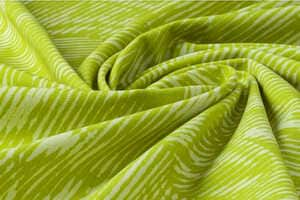
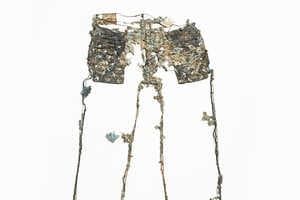


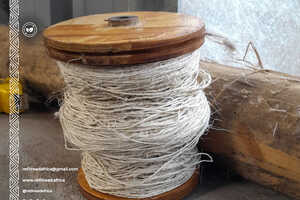

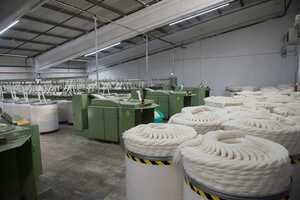

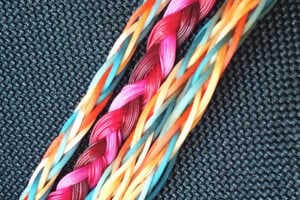







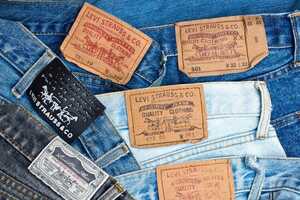

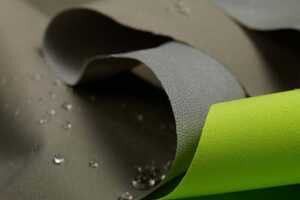
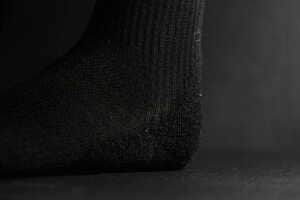

LYCRA will Showcase a Scalable Renewable Spandex
Colin Smith — November 1, 2024The LYCRA Company, in collaboration with Qore, a joint venture between Cargill and HELM, has developed a bio-derived LYCRA fiber made with QIRA (1,4-butanediol derived from field corn). This innovative fiber aims to significantly reduce the environmental footprint of LYCRA by replacing fossil-fuel-based ingredients with renewable resources. The bio-derived LYCRA fiber is expected to reduce the carbon footprint by up to 44% compared to traditional LYCRA fiber, while maintaining comparable performance and quality.
The production process of the bio-derived LYCRA fiber involves converting QIRA into polytetramethylene ether glycol (PTMEG), the key ingredient in LYCRA fiber. This conversion is carried out using a low-impact process that minimizes environmental impact. The renewable content of the fiber, derived from annually renewable dent corn, supports regenerative agriculture practices and contributes to a more sustainable value chain. The LYCRA Company plans to introduce this bio-derived fiber to the market in early 2025, offering a sustainable alternative to traditional spandex.
By leveraging bio-derived materials and advanced manufacturing processes, the LYCRA Company and Qore are pioneering a new era of sustainable textile production. This collaboration highlights the potential of plant-based materials to replace conventional petroleum-based products, reducing greenhouse gas emissions and promoting environmental stewardship. The bio-derived LYCRA fiber represents a significant step towards achieving sustainability goals in the apparel and personal care industries, providing consumers with eco-friendly options without compromising on performance.



